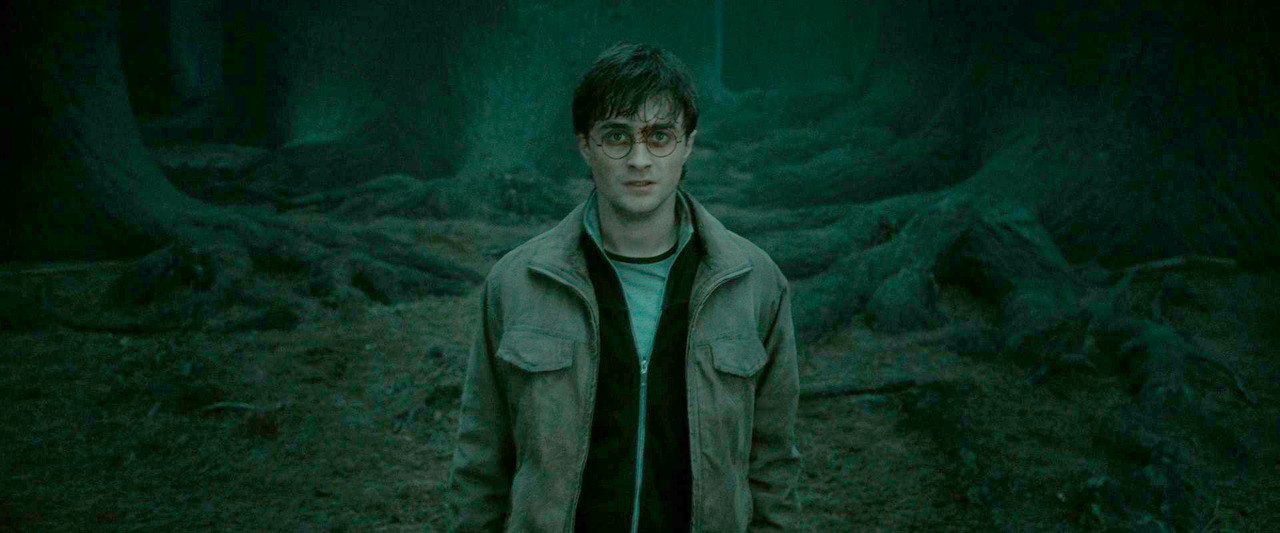The Sacrificial Hero
If only he had died like Hedwig, so quickly he would not have known it happened. Or if he could have launched himself in front of a wand to save someone he loved… He envied even his parents’ deaths now. This cold-blooded walk to his own destruction would require a different kind of bravery. (Harry Potter and the Deathly Hallows 34.4)
It’s a story older than recorded history. There is a hero, a fight, a cause and those for which he will willingly die. There are many incarnations of this hero in biblical texts : Moses, King David, Christ, and just as many in world history: Martin Luther, Frederick the Wise, George Washington, and Boudica. It’s a construct that defines fiction—there must always be a hero, a journey that he takes, and the sacrifice that will result at the end of the story.
We see this sacrificial hero in folklore, in Arthurian Legends, in biblical parables, and in contemporary fiction because it is a plot that will never die. Readers want to cheer on a hero. They want to like the person who will risk all to save the day. It’s the reason Star Wars is beloved. It’s the reason that hundreds of King Arthur tales have been rewritten and filmed. It’s the reason that “The Bible” was one of the History channel’s most successful miniseries.
There has been Frodo and Samwise, Luke Skywalker and Han Solo, and, more recently, Harry, Ron and Hermione. The hero who sacrifices, who proves to the world that the loss of one is far more important than the death of many, will always have the greatest story to tell.
-Tee Tate

